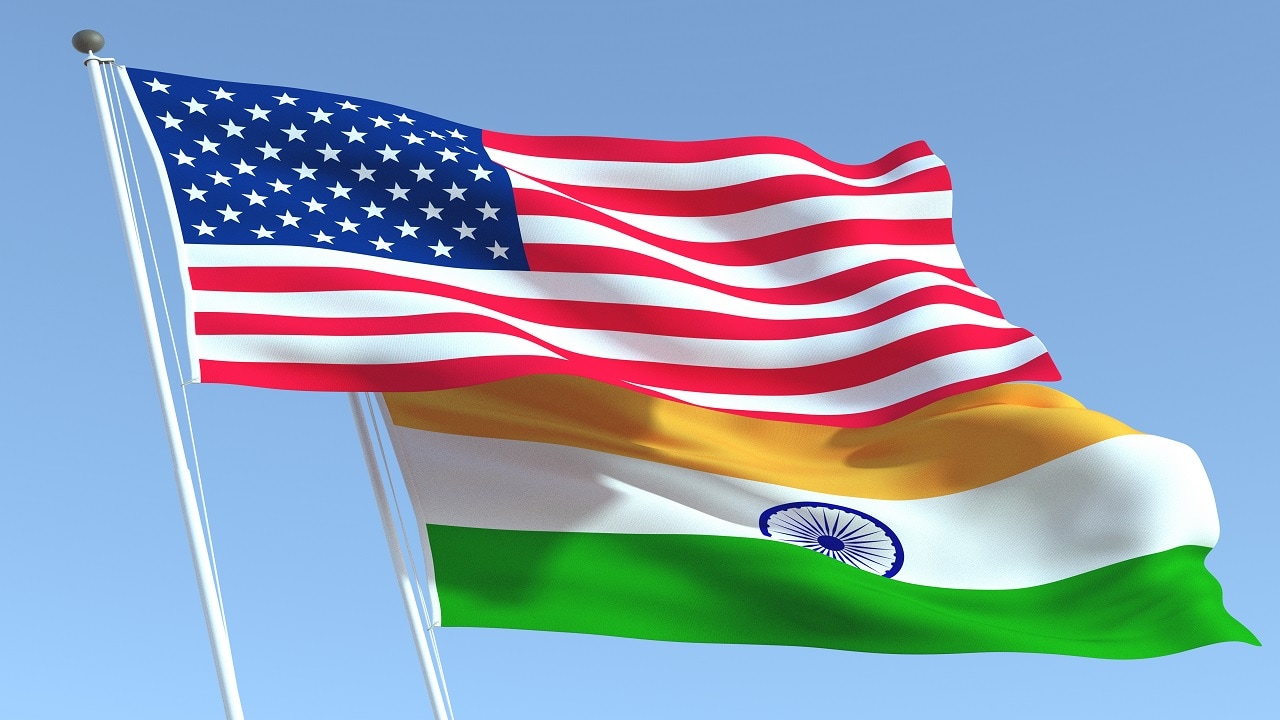

Speaking to CNBC-TV18, Juster emphasised that the partnership, built over the past 25 years, is now a cornerstone of both nations’ foreign policy agendas.
“The India-US relationship is very strong. Like any two countries, there will be issues that arise from time to time,” he noted. He lauded the breadth of cooperation, which spans defence, trade, energy, technology, education, and counterterrorism.
However, the former envoy acknowledged that trade and tariffs could pose an immediate challenge under Trump’s renewed leadership. Trump’s administration has been vocal about addressing what it perceives as imbalances in trade with India, particularly India’s high tariffs and the trade deficit. Juster indicated that these issues, a priority during Trump’s first term, will likely dominate the agenda in the early days of the second term.
“Trump has indicated that tariffs are an important issue to him, and he seeks a level of reciprocity,” Juster said. While these disagreements could lead to initial friction, he urged both nations to view them as opportunities for mutual economic growth. He pointed to sectors like energy, where US exports could meet India’s rising demand, and services, where greater collaboration could enhance trade relations.
Reflecting on the first Trump administration, Juster underscored that despite trade disputes, progress in other areas of the partnership remained steady. He expressed confidence in the ability of the Trump 2.0 team to build on this foundation, noting the strong pro-India orientation of key figures like Senator Marco Rubio and Representative Michael Waltz, who were nominated for Secretary of State and National Security Advisor, respectively.
The outgoing Biden administration has expressed confidence in the strength of the India-US relationship and its ability to withstand transitions in leadership. Juster’s comments echo this sentiment, highlighting that the partnership is rooted in shared interests and values.
Edited Except from the Interview:
Q: How would you describe the current play between India and the United States? In the past few months, while there has been momentum, there is also an indication that Indo-US ties have come under strain, maybe because of the Pannun case. We’ve also seen the Adani case play out in US courts. While these are legal matters, how would you describe the current relations and the sentiment in the bureaucracy in America vis-à-vis India?
Juster: I think the India-US relationship is very strong. Like in any two countries, issues will arise from time to time. But what’s amazing about the US-India relationship is that it’s been a bipartisan effort in the United States. I think the same has been the case in India. It has progressed remarkably over the last 25 years in ways that people could never have foreseen and now covers virtually every issue of human endeavour. We are not allies. We are partners. We work together on defence, trade and investment, energy and the environment, counter-terrorism, science and technology, the ocean, space, agriculture, education, you name it, we’re involved, and that had continued under the first Trump administration, that I was proud to be involved in. In the second Trump administration, if you look at the individuals nominated for Secretary of State (Senator Marco Rubio) and the National Security Advisor (Representative Michael Waltz), they both have a strong and positive orientation toward the US-India relationship.
Q: I would also like to ask you about Donald Trump’s priorities. From Trump, 2.0 the cabinet that has been put together and his messaging during the campaign. What do you think will be his immediate priorities vis-à-vis India?
Juster: He has indicated that tariffs are an important issue to him, and he seeks a level of reciprocity. He feels the tariffs in India are too high and the trade deficit with India is too large so that issue will be on the agenda. It was on the agenda in the first term, and unfortunately, we could not reach agreement. It didn’t stop progress in other areas, but I think a continued focus will be on this. I would urge the parties to see this not as an issue of conflict but as an opportunity to not only have some market access measures that will respond to the concerns of President Trump but to look at a variety of economic issues where we have mutual concerns and can complementary skills and can work out arrangements to our mutual benefit, whether that be energy where the United States can supply all types of energy to India, from clean coal to liquefied natural gas, oil and renewables. India needs energy for its security and the amount it needs to import from overseas. The United States is also India’s largest trading partner, so lock down the benefits in the services sector and elsewhere. I could go on, but I think that trade will be an issue of initial friction, but if managed properly, it can also be an area of great opportunity.
Watch the accompanying video for the entire conversation.



